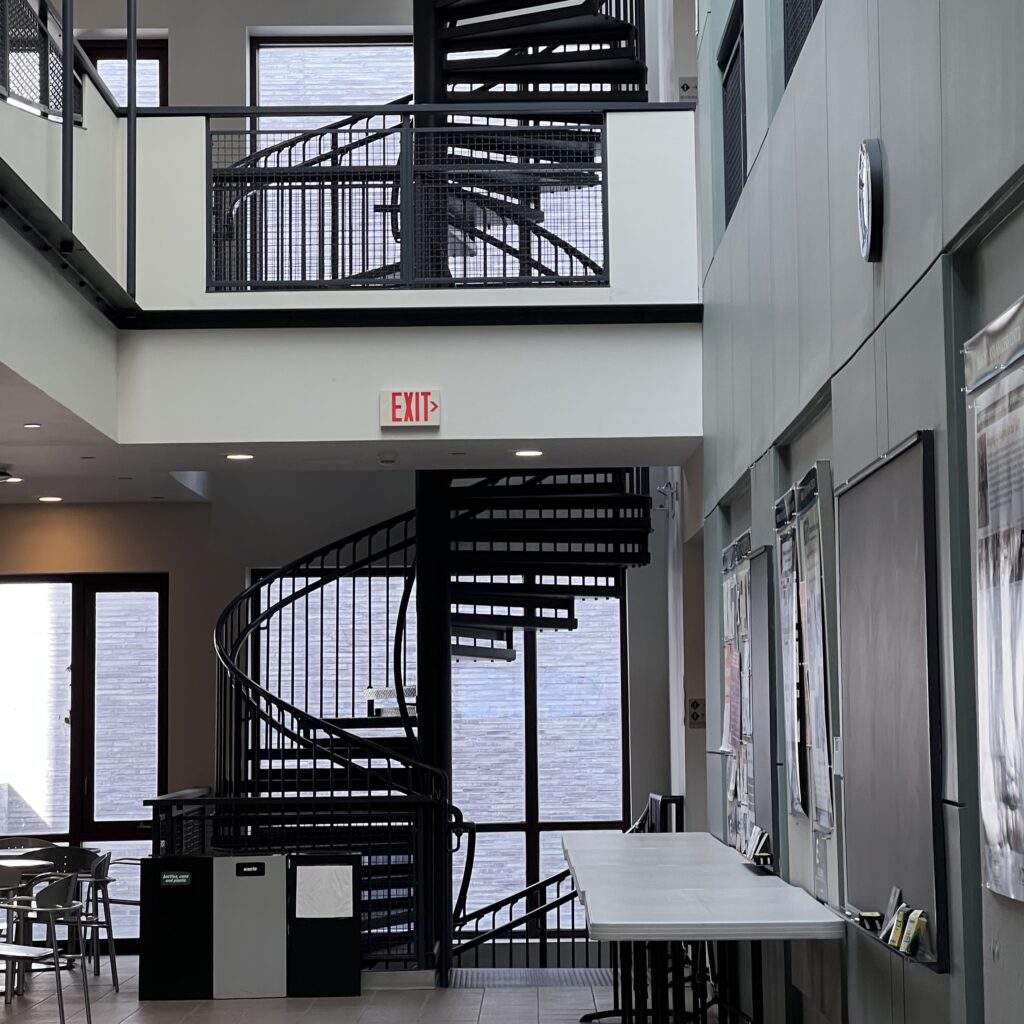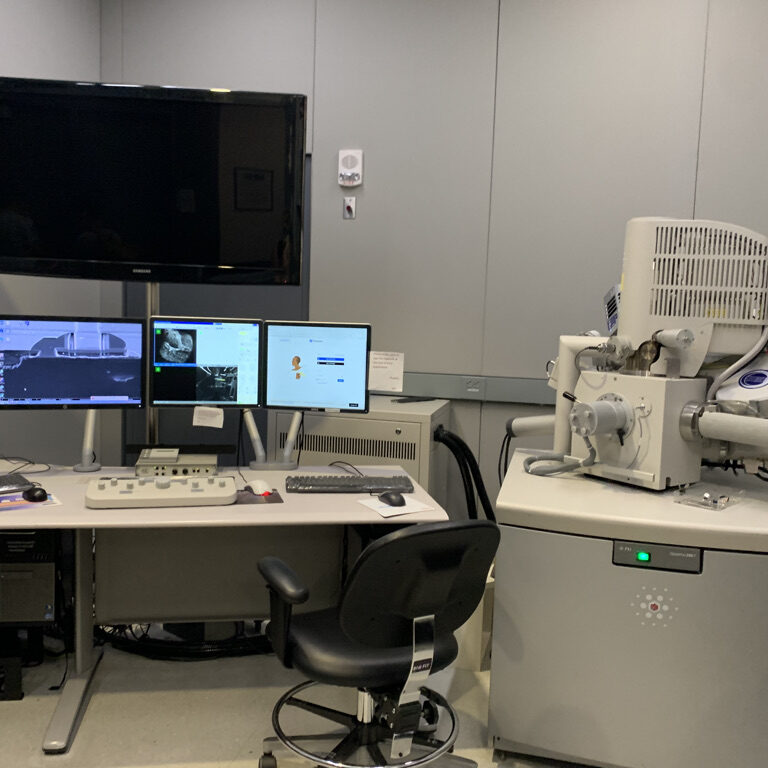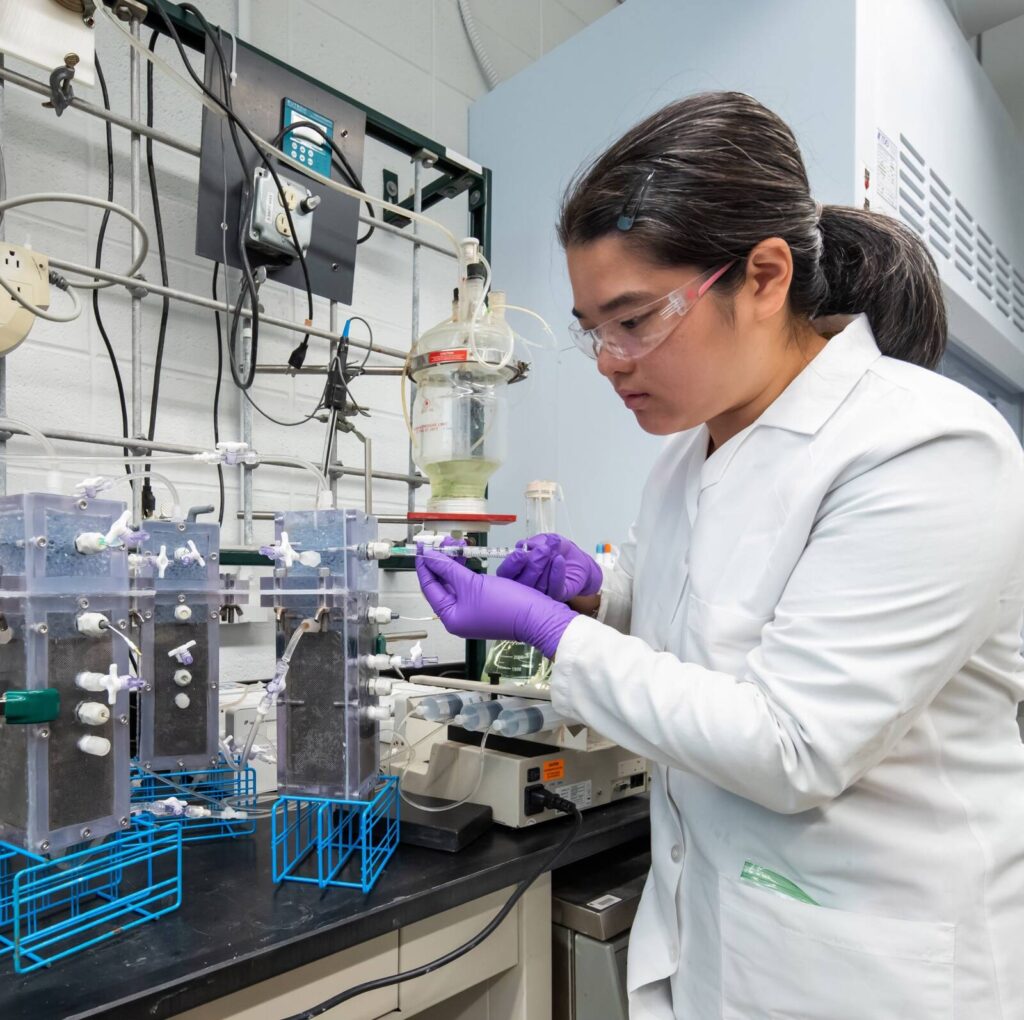This semester, I am doing junior independent work in the Arnold lab group at Princeton, which is based in the MAE department but also focuses on materials science, which is what I am interested in. My project investigates creating graphene aerogels from protein precursors, which basically means that I get to select different proteins of interest, freeze-dry them, pyrolyze them, and then see if they create graphene by examining them under a scanning electron microscope (SEM). These graphene aerogels are interesting materials because of their high porosity and conductivity, making them promising for applications to energy storage, which is why we are interested in researching them.
I thought it might be interesting to highlight a week in my life (well, actually two weeks) to give some insight on what lab-based independent work can look like during the school year. I want to note that this is only my experience as a CBE major, and independent work can look very different for other majors. If you’re an underclassman interested in doing junior independent work or just curious about what that could entail, I hope that this post can provide some insight.






